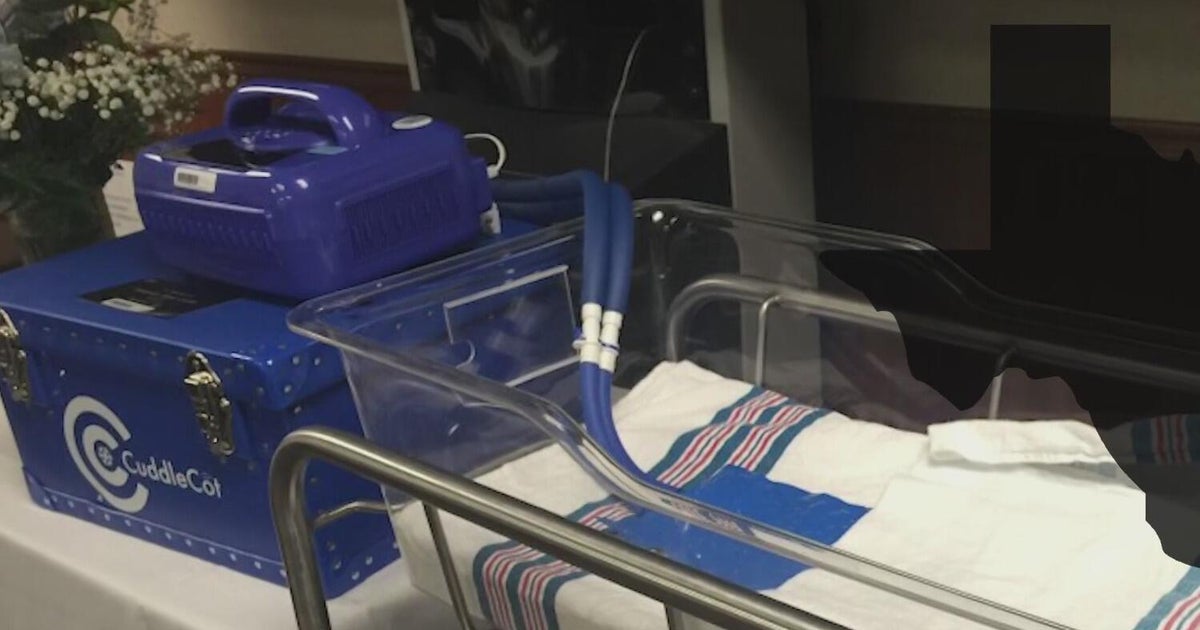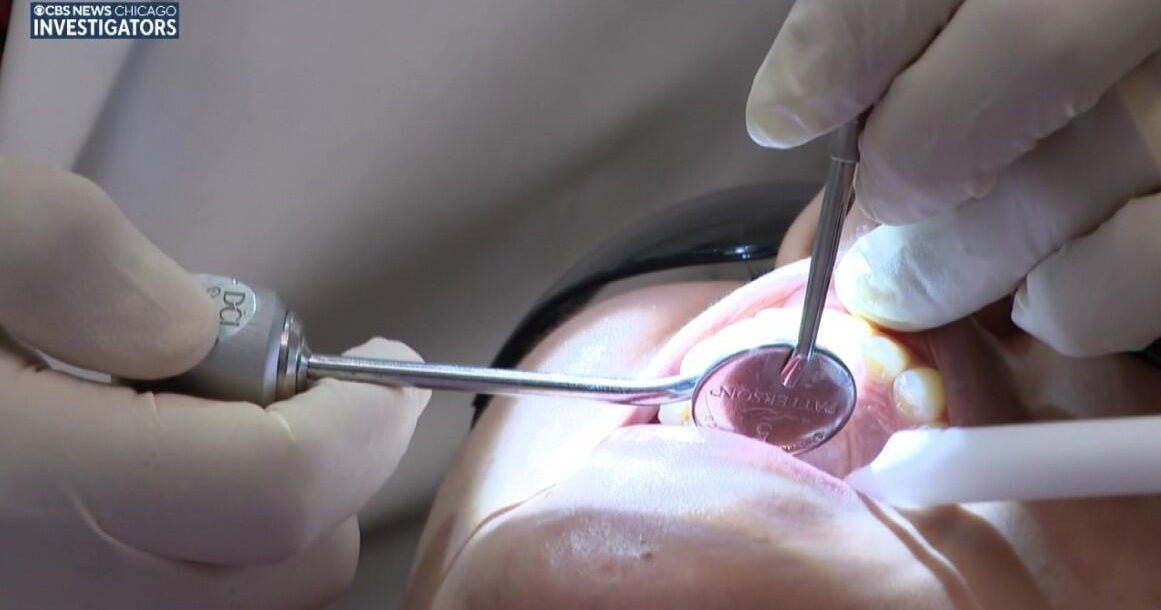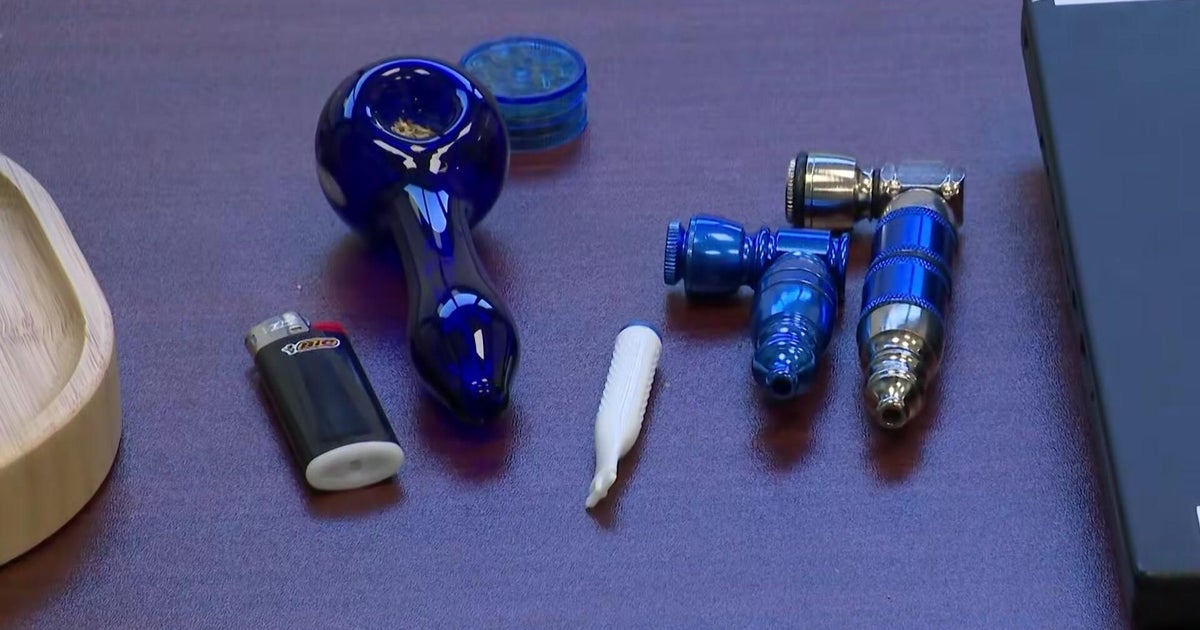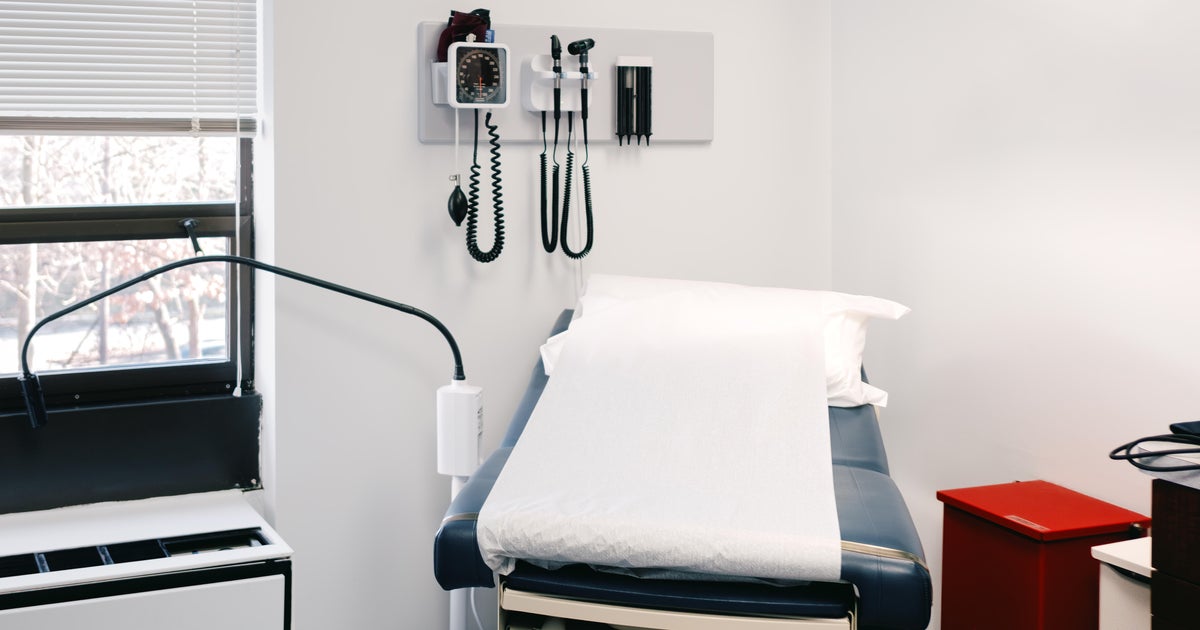Study Finds Association Between Post-Partum Depression, Common Medication
NEW YORK (CBSNewYork) -- Post-partum depression is a devastating problem that can lead to everything from crying and the inability to care for a new baby, to suicide.
Now, a medication commonly given to women during childbirth has been linked to post-partum depression.
Eden Rubenstein told CBS2's Dr. Max Gomez that her second child Emily has been a lot easier than her first -- Shawn, who's now two-and-a-half.
It was after Shawn was born that Eden started having trouble.
"I just kept crying all the time and getting upset. Made my husband come home several times," she said.
It got bad enough that doctors suggested she was suffering from post-partum depression.
"Put me on a low dose of Zoloft and said I should see a therapist," she said.
Millions of women suffer post-partum depression, and now there's a clue as to why it struck Eden and others.
A new study links the hormone oxytocin, brand name pitocin, to a 37 percent increased risk of post-partum depression.
The drug is often given to women around the time of delivery
"Oxytocin is a natural hormone, it's very important, helps in labor and delivery, helps uterus contract, breast feeding, used to initiate labor, to move it along, also to prevent uterine hemorrhage," Dr. Kristina Deligiannidis said.
Dr. Deligiannidis -- one of the study authors -- said the link was surprising because oxytocin is a natural hormone.
"Women who have low levels of oxytocin in pregnancy get depressed, so we thought those who got it would help," she said.
It's not clear how or why oxytocin might increase the risk of post-partum depression. Eden was treated for her depression, including her pregnancy with Emily.
"Happier, and able to cope," she said, "Much happier."
The study does not mean that oxytocin causes depression, it's an association, and because it's a potentially life saving medication, it doesn't mean that you should avoid it if you need it. If you do get oxytocin during delivery, it's probably a good idea to keep a closer eye out for depressive symptoms.







